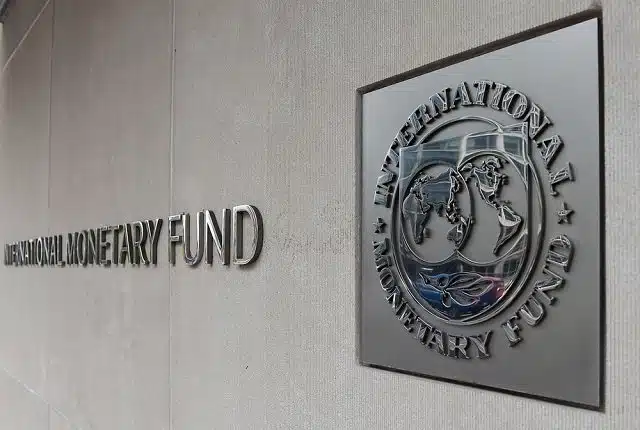
IMF sends warning to South Africa
The International Monetary Fund (IMF) states South Africa deals with drab development in the medium-term, regardless of a faster-than-anticipated healing from the Covid-19 pandemic.
In a declaration provided at the end of conversations with South Africa on Friday (11 February), the group projection that development rebounded to 4.6% in 2021, after contracting 6.4% in 2020.
” The fast rate of healing, in spite of the earlier rise in infections in the middle of low vaccination rates and worldwide travel restrictions brought by the Omicron variation, might be a source of optimism.
” However, the financial healing is considered delicate, as it was accompanied by aggravating joblessness (34.9%), weak bank financing to the economic sector, and anaemic personal financial investment. Regardless of the development rebound, hardship and inequality did disappoint indications of enhancement.”
Versus this background, macroeconomic basics have actually damaged, and vulnerabilities have actually increased, it stated.
” The financial position weakened following the intro of Covid-19-related steps and the transfers to state-owned business (SOEs), whose functional and monetary efficiency degraded even more.
” As an outcome, the financial deficit skyrocketed to 9.7% of GDP in 2020, prior to decreasing to an approximated 8.4% in 2021. Public financial obligation is approximated to have actually reached nearly 70% of GDP in 2021.”
The IMF stated South Africa’s outlook now indicates some development healing in the near term however a drab medium-term efficiency.
Development is predicted at 1.9% in 2022, prior to reducing to 1.4% in the medium term, topped by structural restraints to financial investment, dominating policy unpredictability, and raised public financial obligation, which impedes task production
While the financial deficit is predicted to continue to narrow on recuperating earnings and phasing out of Covid-19-related steps, over the medium term, the growing interest costs and needs from SOEs and public servants will keep the financial deficit high, above 7% of GDP.
Long-lasting problems, consisting of degrading state-owned business and irregular electrical energy supply, were likewise flagged by checking out the groups’ directors.
” The anaemic development over the previous years was driven by a considerable drop in the contributions of overall aspect efficiency and personal financial investment, partially showing the degrading allocative performance of resources.
” The pandemic has actually even more intensified this scenario by hindering human and physical capital build-up, 2 essential aspects that normally support performance development. For that reason, a reliable dedication to reform and a multipronged set of meaningful actions that deal with these concerns are required.”



